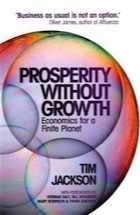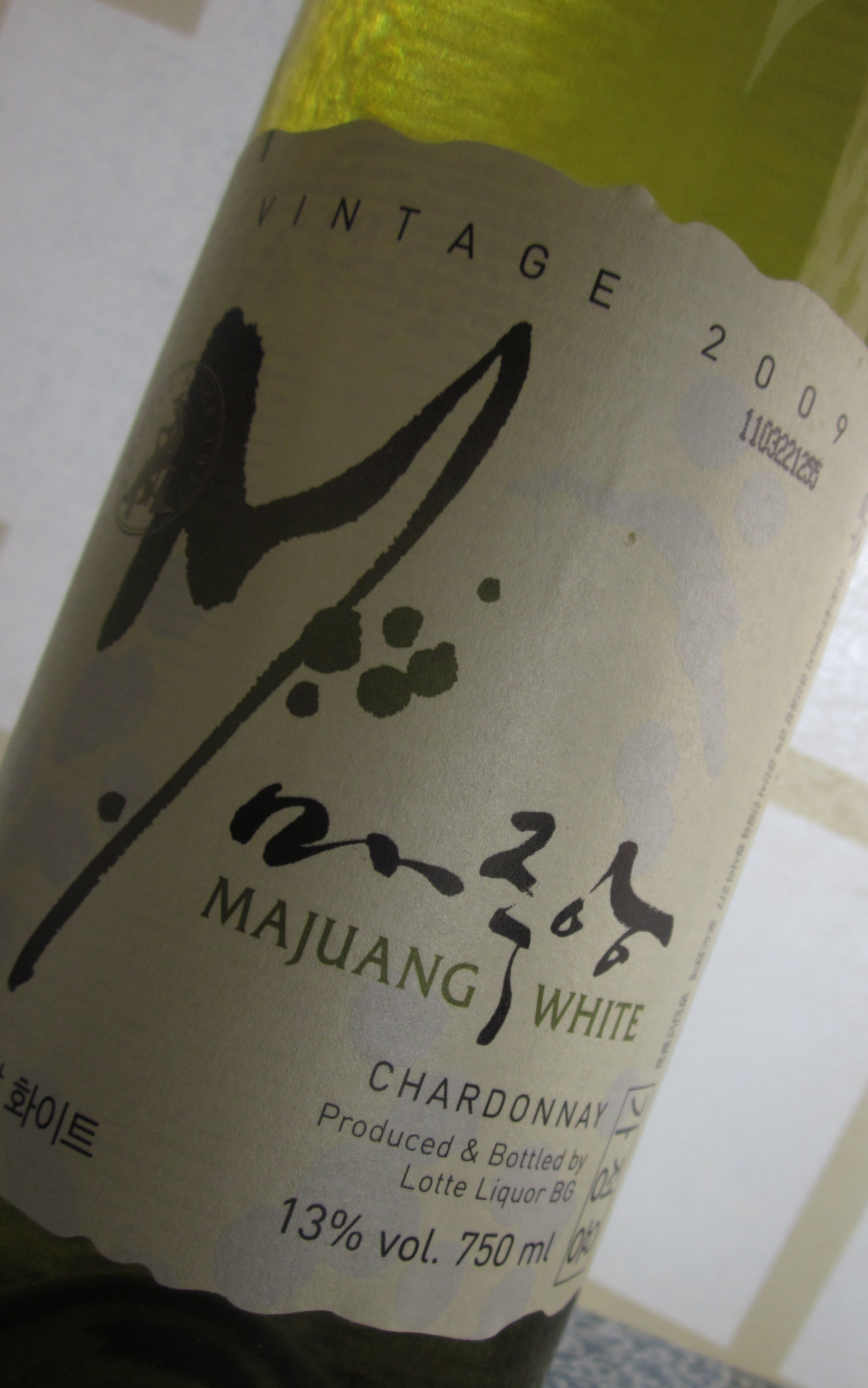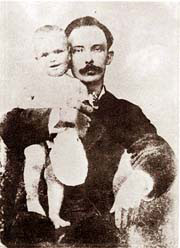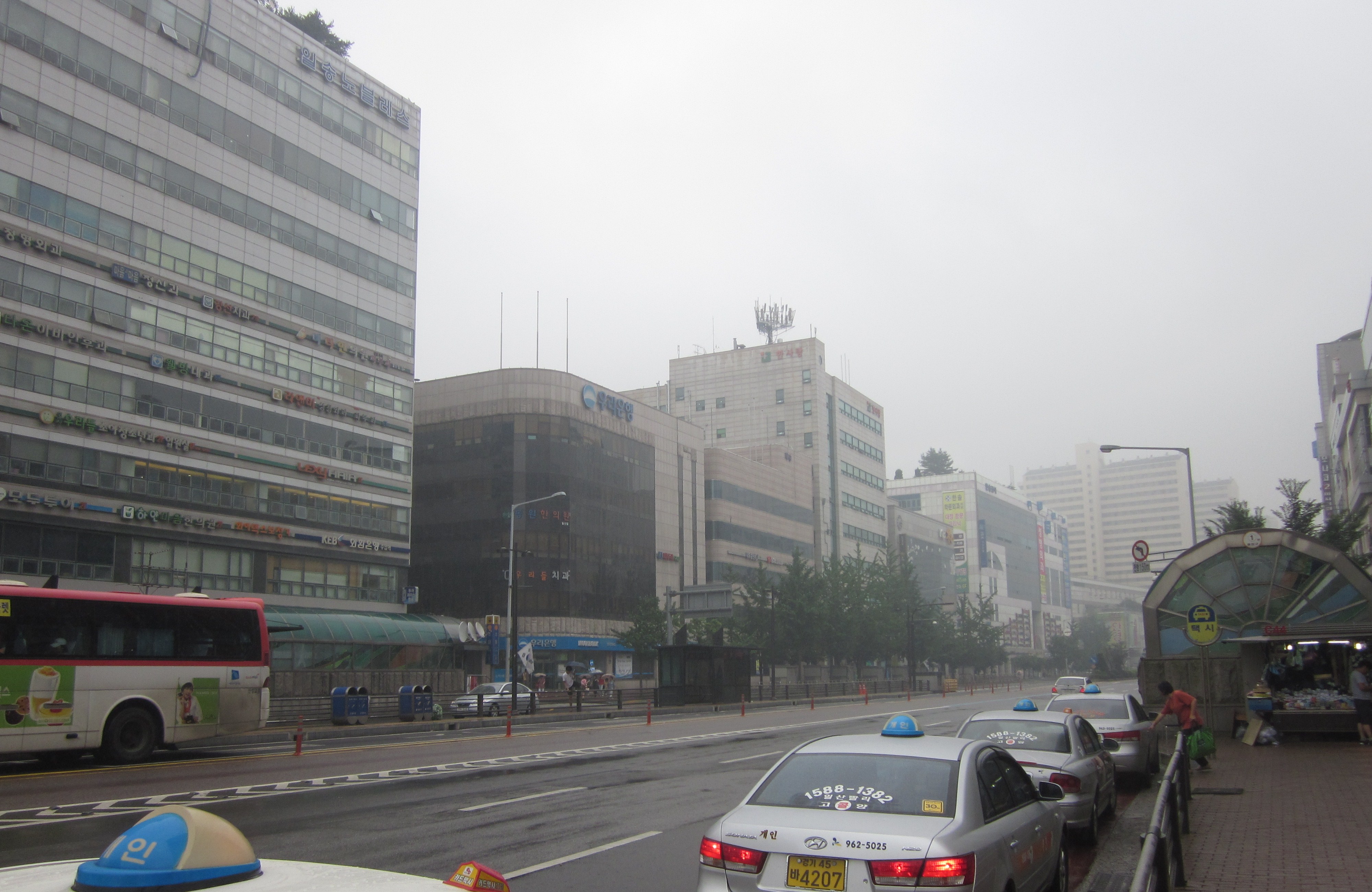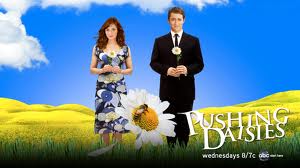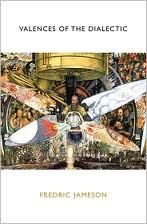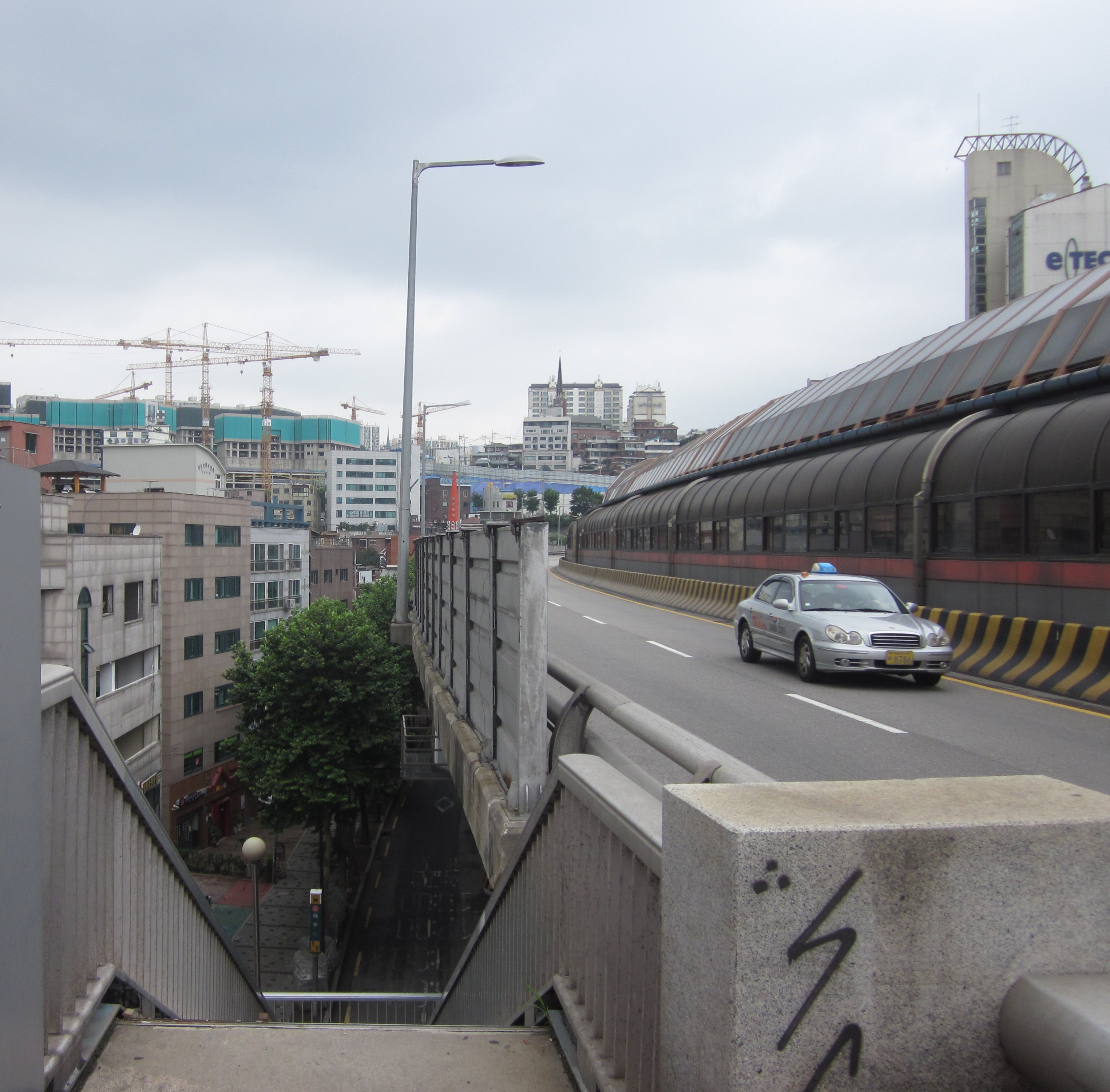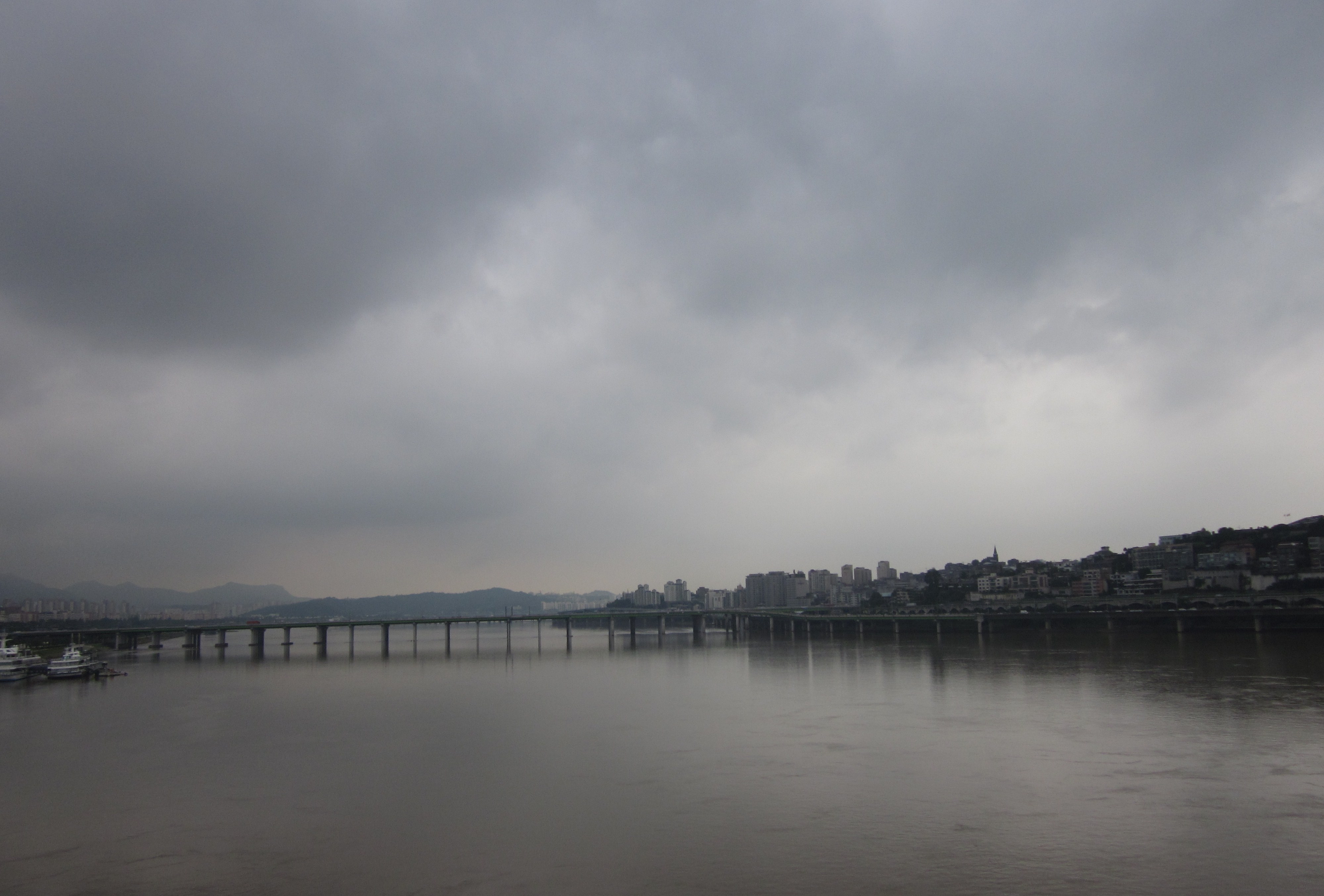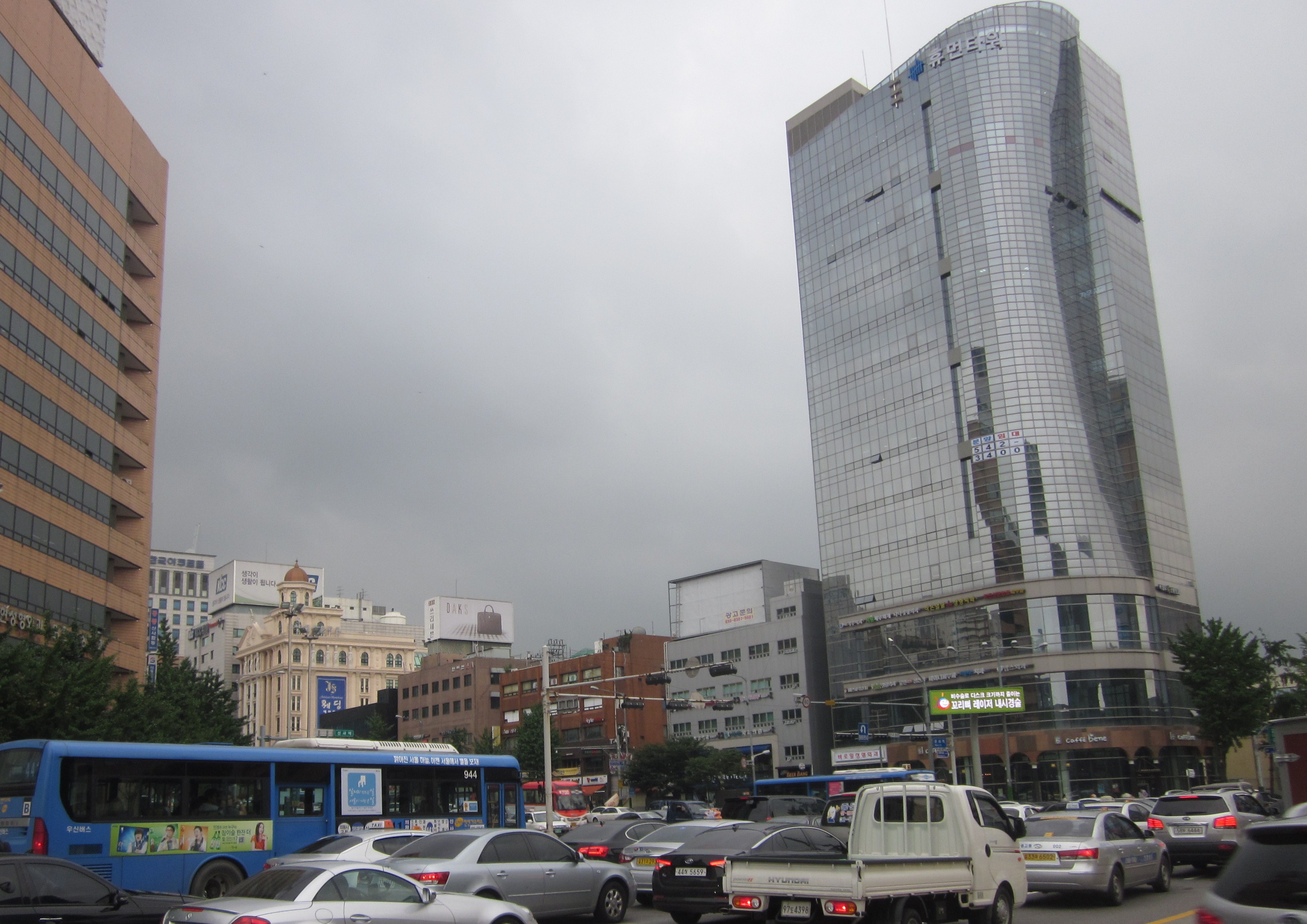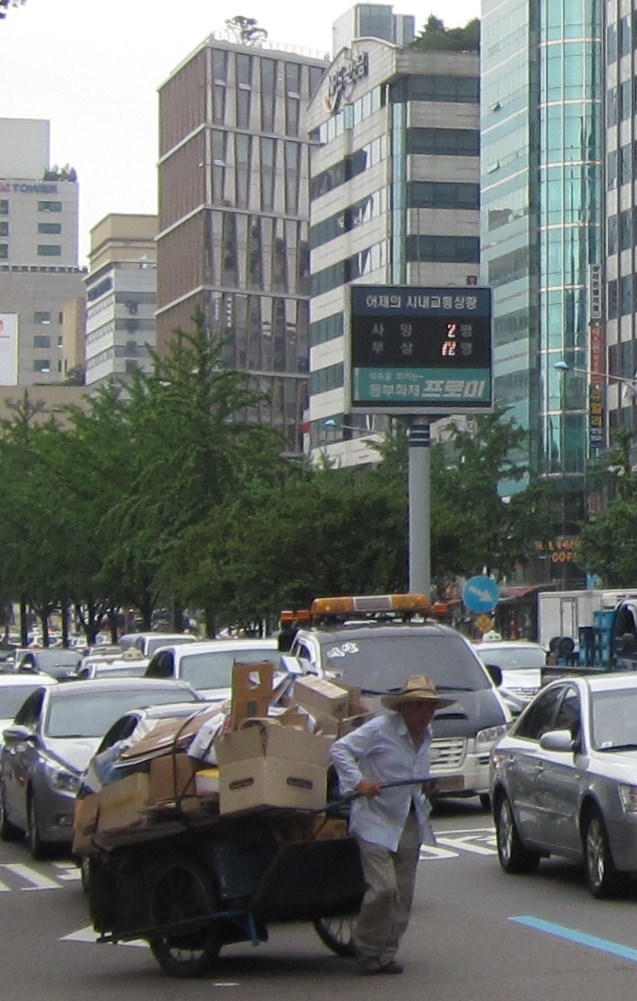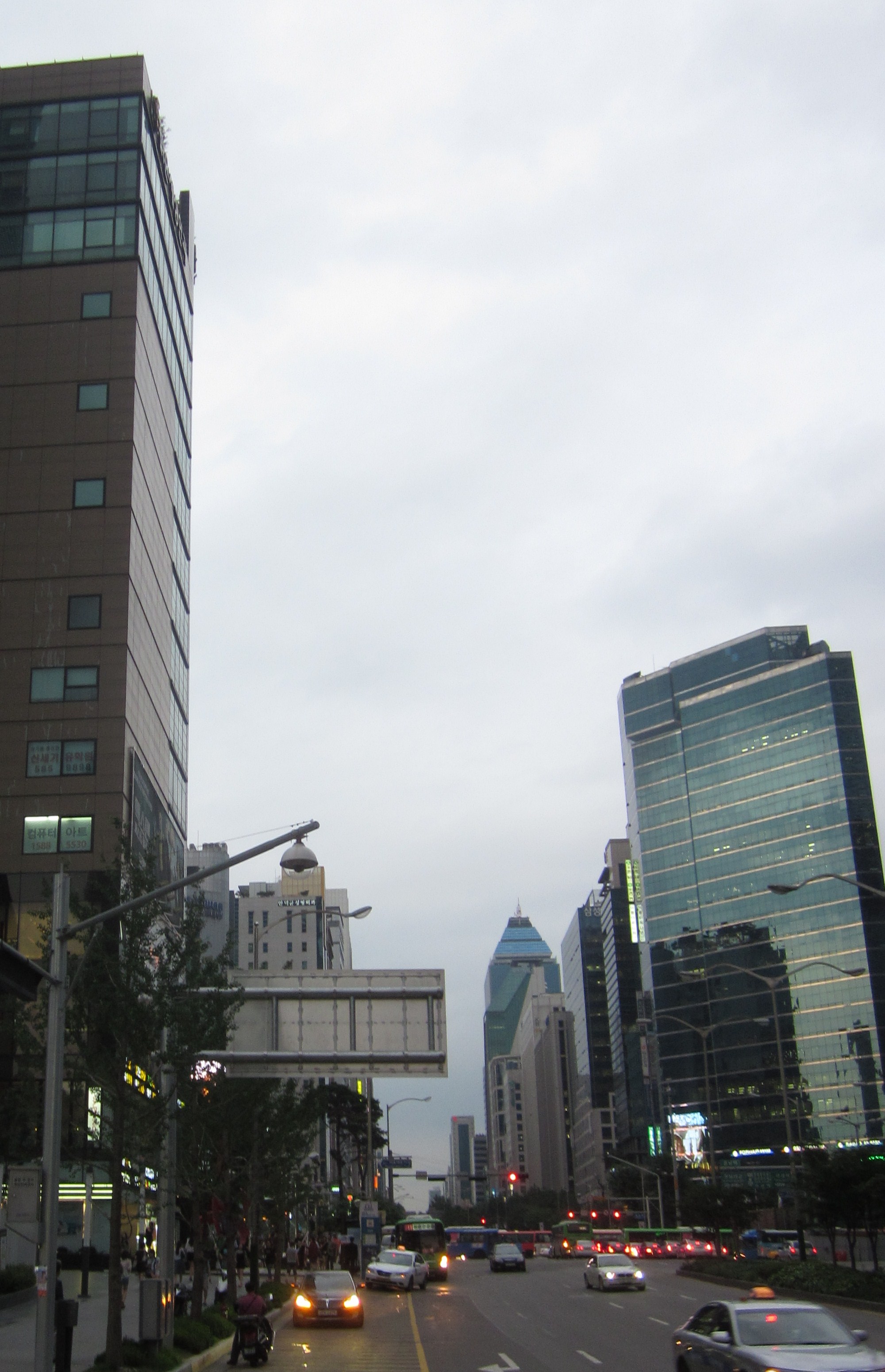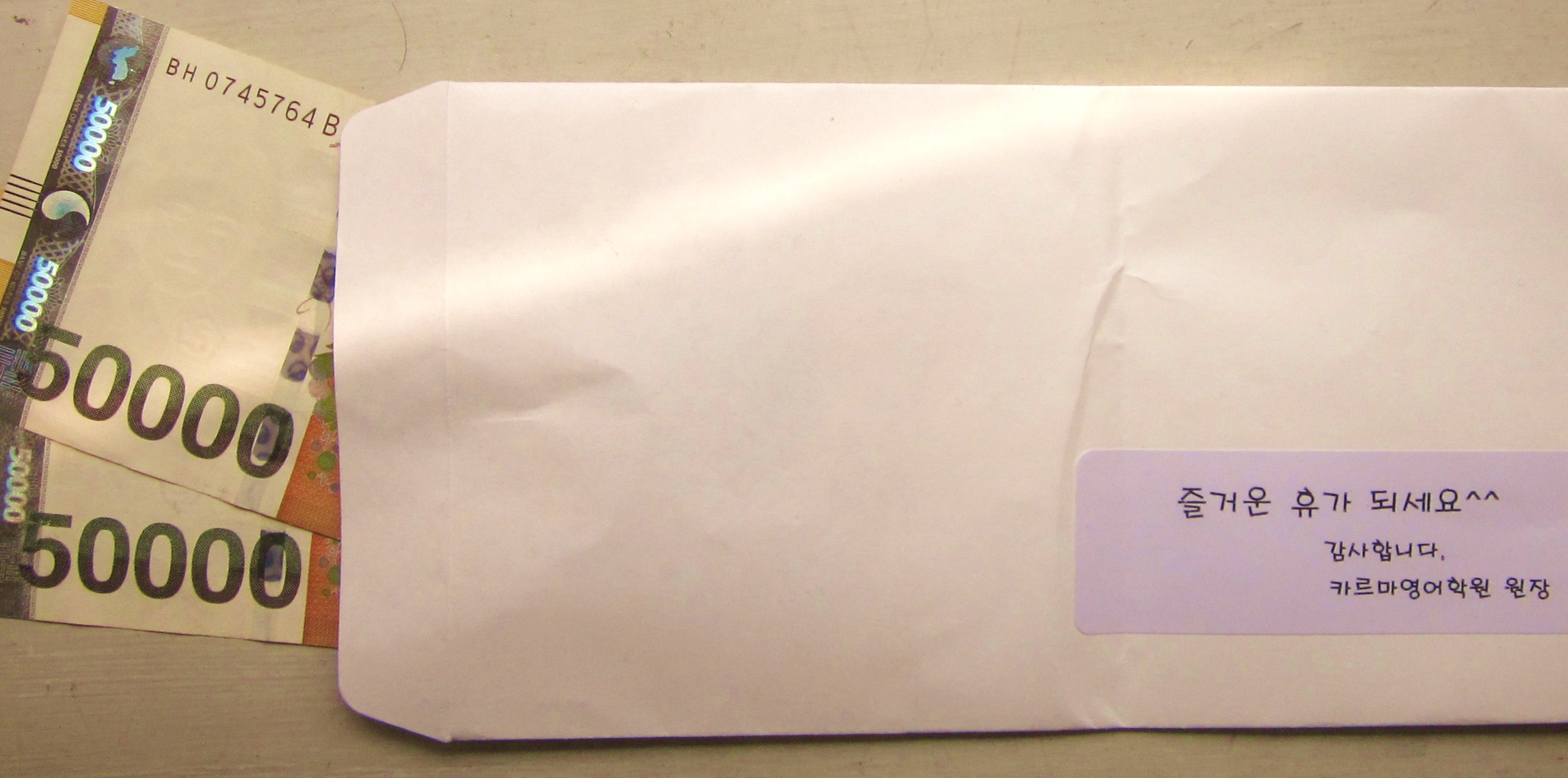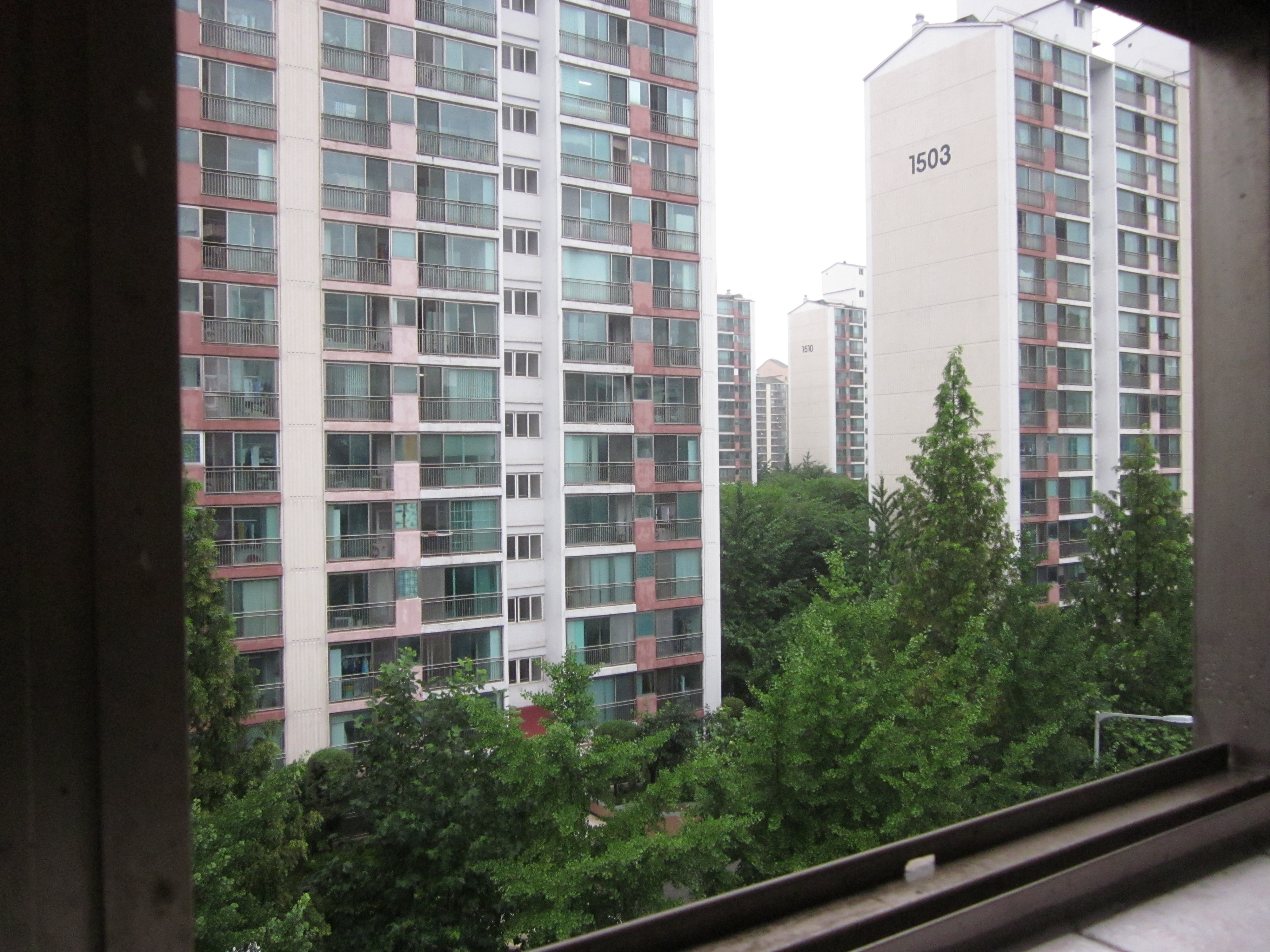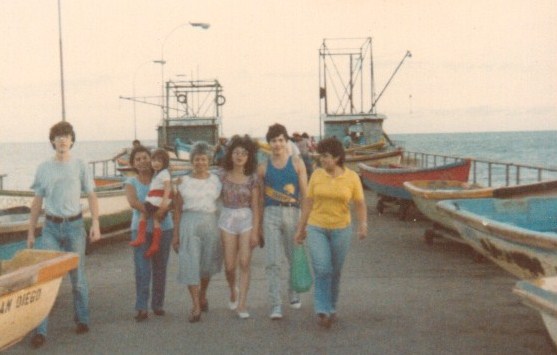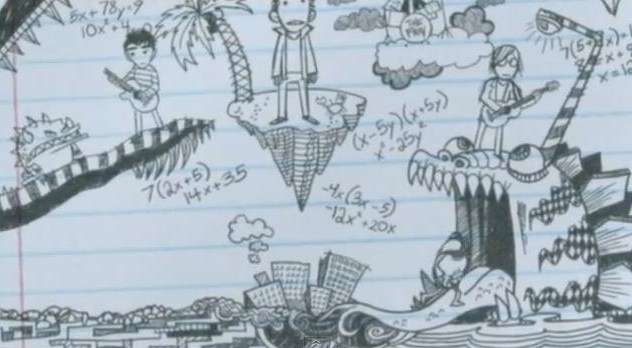 esterday afternoon, in my ET2 (formerly ET1) cohort of 6th graders, for a listening-skills class, we were working through the end of our textbook, where there is a series of practice tests. I have this routine going, where we work through the questions, and for any question where the majority of the class gets the answer wrong, it gets added to the list of the listening questions for which they have to write a “dictation script” in their notebooks, for homework. If the majority of the class gets the answer right, then the question is left off the list of dictation homework. This leaves the class highly incentivized to try to listen well and get the right answers.
esterday afternoon, in my ET2 (formerly ET1) cohort of 6th graders, for a listening-skills class, we were working through the end of our textbook, where there is a series of practice tests. I have this routine going, where we work through the questions, and for any question where the majority of the class gets the answer wrong, it gets added to the list of the listening questions for which they have to write a “dictation script” in their notebooks, for homework. If the majority of the class gets the answer right, then the question is left off the list of dictation homework. This leaves the class highly incentivized to try to listen well and get the right answers.
Basically, unless everyone in the class is clueless, they will all come up with the right answer – the questions are mostly in a true-false or a/b/c/d format (such as is universal in tests, I guess). This is because they have ways of communicating the right answer to each other, as long as at least one of them has it figured out. This doesn’t bother me. It creates a spirit of teamwork in the class that I like to see.
Anyway, yesterday, we were working through the questions at a good clip, and we had added two dictation scripts (which are unpleasantly long) to the list of homework. We weren’t able to finish the third question, so at the end of the class, the bell rang (well, not a bell, it’s a little recorded stupid melody that sometimes crops up in my dreams, these days), and so I said, “since we didn’t finish this question, let’s add it to the list of dictation homework, too.”
There were a number of groans, moans, and unhappy shrieks. “But… teacher! Too much,” one girl complained.
Then a boy named Dong-hun, in perfect English, said, “Then, I would like to continue this class.”
I laughed so hard at this. I’ve never had a student request – in such a clear, reasonable way – to continue a class beyond the “bell.”
I answered, “Unfortunately, we cannot. I have my next class to go to, and so do you.” But, for having shown such stylish initiative and admirable logic, I removed the third question from the list of homework. I’m such a pushover for a kid with a nerdy sense of humor.


